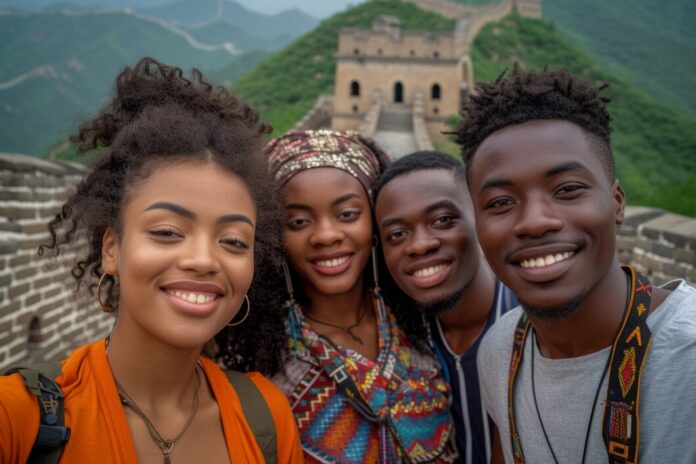Global Youth Culture: Trends Shaping Tomorrow
Youth culture is evolving at a breathtaking pace, influenced by technology, social media, and a shared desire for authenticity. From Lagos to Nairobi, young people are shaping their identities through trends that reflect their values, struggles, and aspirations.
Digital Natives and Social Media Influence
Today’s African youth are digital natives, having grown up with the internet and smartphones. Social media platforms like TikTok, Instagram, and Twitter play pivotal roles in shaping their tastes and trends. Viral challenges, dance moves, and memes spread rapidly, transcending borders. For instance, the Jerusalema dance challenge, which originated in South Africa, took the world by storm, uniting people across continents in a celebration of joy and togetherness.
Fashion as Self-Expression
Fashion is a vital aspect of youth culture in Africa. Many young people are embracing local and contemporary styles, blending traditional attire with modern streetwear. The rise of designers like Thebe Magugu from South Africa and the popularity of brands like Duro Olowu from Nigeria reflect a shift towards celebrating African heritage in fashion. Events like Lagos Fashion Week showcase a vibrant scene where young designers express their creativity while promoting sustainability through initiatives like thrift shopping and upcycling.
Activism and Social Change
African youth are increasingly politically engaged, using their voices to advocate for change. Movements like #EndSARS in Nigeria, which protested police brutality, mobilized thousands of young people across the country. Similarly, the #The FeesMustFall movement in South Africa highlighted the need for accessible education. Social media has been instrumental in amplifying these voices, turning local issues into global conversations and inspiring young activists across the continent.
Music and Cultural Fusion
Music serves as a powerful expression of cultural identity for African youth. Genres like Afrobeats, amapiano, and hip-hop are not only popular locally but are gaining international recognition. African artists are bringing African sounds to global platforms and collaborating with international stars. This fusion of styles fosters a sense of community among young people who resonate with these diverse musical influences.
Mental Health and Well-Being
As African youth navigate the complexities of modern life, mental health has become a significant focus. Young people are increasingly open about their struggles, using platforms to share their experiences and seek support. Initiatives like the African Mental Health Foundation are promoting awareness and encouraging conversations around mental well-being, helping to create a culture where vulnerability is embraced.
Conclusion: A Shared Future
In essence, African youth culture is a tapestry woven from diverse threads of creativity, activism, and connectivity. As young people continue to forge their identities amid shifting landscapes, their influence on trends will undoubtedly shape the future. The shared experiences and aspirations of today’s youth not only define their generation but also hold the potential to inspire change worldwide. As they navigate their paths, one thing is clear: the voice of African youth is powerful, and it’s here to stay.





